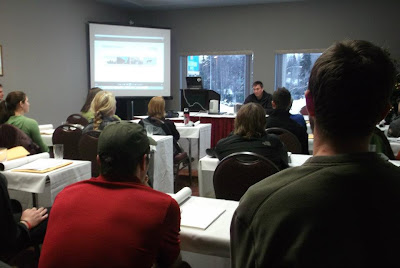
We also had the privilege of listening to some of the top mushers in the sport like John Baker, DeeDee Jonrowe, Martin Buser, and of course Aliy Zirkle. Together they have a combined total of over eighty Iditarods! Nicolas Petit, last year’s Rookie of the Year, also spoke, giving tips and advice that he found helpful on his rookie run, such as the importance of a good alarm clock. Luckily, I get to learn from Allen and Aliy’s experience, so potentially stressful details like where to park the dogs in Anchorage, when to schedule EKG and blood work, or how to fly the dogs back from Nome are already worked out.
In addition to mushers, we heard from other Iditarod staff including chief veterinarian Dr. Nelson, Jan Bullock with the pre-race EKG and Blood Work Program, the Iditarod Air Force, Communications Coordinator Andi Malard, and Iditarod Trail Sweep Will Peterson. Without all their help, much of it volunteered, the Iditarod would not be the race it is today. It’s incredible the amount of man hours required to put on a 1,000-mile sled dog race!
This past weekend, I travelled down to Anchorage for one of my first events as an Iditarod rookie, the mandatory rookie meeting. Every December, the Iditarod gathers all the rookies (this year there are seventeen of us) in Anchorage to review important race information from dog care and vaccines to drop bag logistics and trail descriptions.


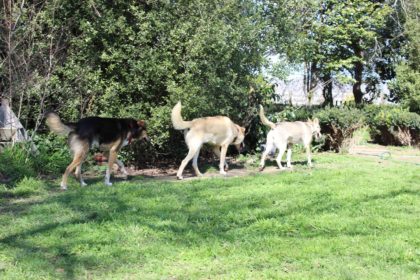
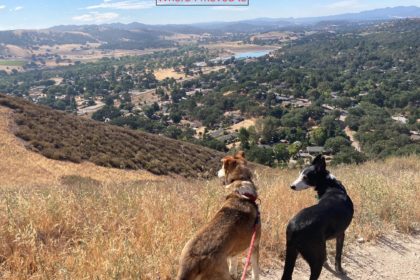
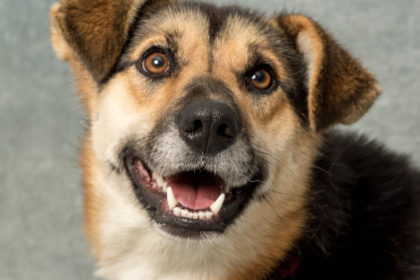
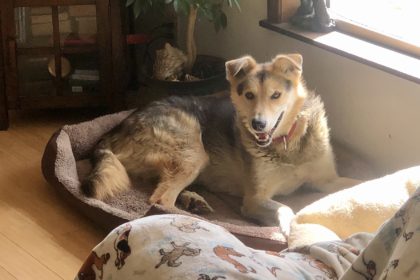
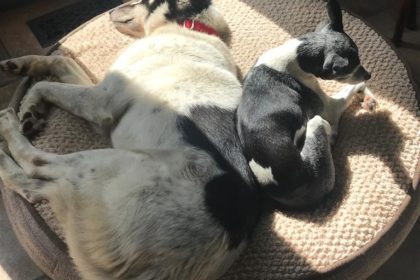
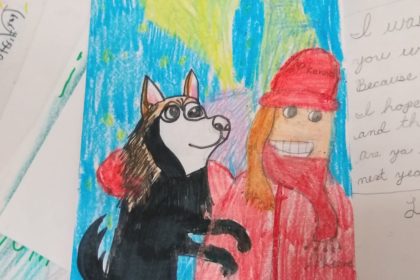

Ryne, It is so awesome that you get to live out your dream and do something so very few people can even dream of. To have Allen and Aliy to learn from must be fantastic.
Thank you for all of your posts, pictures, and videos. Checking out the Sp Kennel site is something I look forward to.
Question #1: how do you train for the sleep deprivation?
Question #2: do you train at night for the night runs?
Thanks for following the SPK racing!
A good way to train for aspects unique to racing like sleep deprivation is running the preliminary races. This season, I'll be running the Sheep Mountain 150, Copper Basin 300, and another 200-300 mile race in the end of January. These at least will give me an idea of how I'll react with lack of sleep although they're nothing compared to Iditarod.
As far as training for night runs, right now it's only light between about 10 AM and 4 PM, and we still have a few weeks until the winter solstice. Most of the time we end up running at night simply because there is not enough daylight. One of my best investments has been a good headlight!
Our family was introduced to SP Kennel a few years ago when we did a homeschool Iditarod study, and we still like to read this blog. We are excited to follow you through your rookie season, especially since you share a first name with my son! It's not too often we run across that. : ) Best wishes for a successful season!
Hey Ryne – thanks for the update. I am REALLY looking forward to 12/17 so I can watch SP teams at Sheep Mountain.
Linda